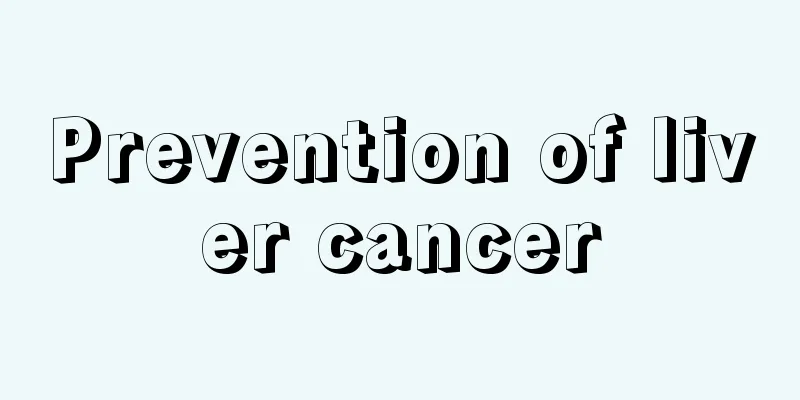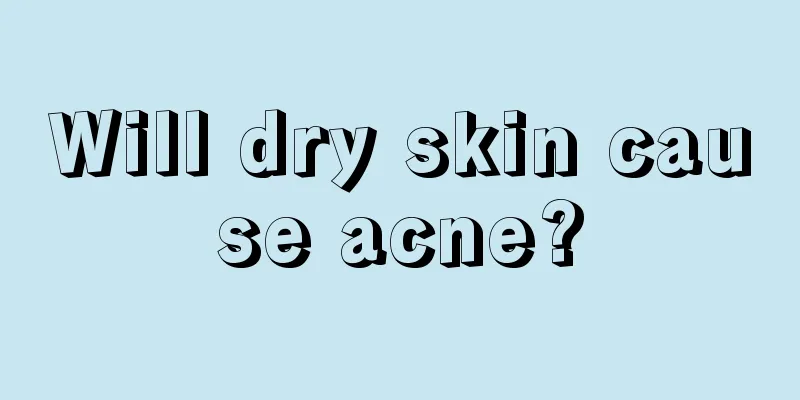Can I have a nose job if I have rhinitis?

|
Rhinitis patients are troubled by nasal discomfort all day long, especially when the seasons change, their condition will worsen, which can be said to be the most unbearable period of time for them. Moreover, rhinitis is difficult to cure, and the only way to alleviate the symptoms of rhinitis is to control your daily living habits. In modern society, rhinoplasty surgery has been recognized by more and more people, but can people with rhinitis undergo rhinoplasty surgery? If you have rhinitis and want to have a nose job, it is theoretically possible, but whether the surgery can really be performed depends on the doctor's arrangements and suggestions during the face-to-face consultation. You must first know whether you have acute rhinitis or chronic rhinitis. If it is acute rhinitis, rhinoplasty surgery should be performed after the rhinitis is cured. If it is chronic rhinitis, surgery should be performed when the symptoms of rhinitis are relatively mild and stable. The lesions of rhinitis are mainly inside the nasal mucosa, so there is no conflict between it and rhinoplasty surgery. However, people with severe rhinitis symptoms are not suitable for immediate surgery. During the recovery period after rhinoplasty surgery, you should not knead your nose. For people with rhinitis, it is okay to wipe the nose with a cotton swab and blow the nose gently. Therefore, people with rhinitis can also undergo rhinoplasty, but they should pay special attention to the control of rhinitis and post-operative care. Generally, doctors will recommend that you undergo rhinoplasty after the rhinitis is cured or the condition is stable to ensure the effectiveness of the surgery and the safety of the patient. Rhinitis treatment 1. Etiological treatment: Identify systemic and local causes, and promptly treat systemic chronic diseases, sinusitis, adjacent infected lesions, and nasal septum deviation, etc. Improve living and working environment, exercise, and enhance body resistance. 2. Local treatment (1) Intranasal glucocorticoids are the first choice for chronic rhinitis, with good anti-inflammatory effects and ultimately a decongestive effect. It can be used for a longer period of time as needed, with good efficacy and safety. (2) Nasal cleaning: For those with more or thicker nasal secretions, the nasal cavity can be cleaned with normal saline to remove nasal secretions and improve nasal ventilation. (3) Oxymetazoline hydrochloride spray can be used as an intranasal decongestant, and continuous use should not exceed 7 days. If you need to continue using it, you need to stop for 3 to 5 days. Long-term use of 0.5% to 1% ephedrine nasal drops can damage the ciliary structure of the nasal mucosa and should be avoided as much as possible. If it is necessary to use it, use it in small amounts intermittently. The use of nasal drops is prohibited because it has been shown to cause drug-induced rhinitis. (4) Other treatments include blockade therapy, acupuncture therapy, etc., which are rarely used. |
<<: Can moxibustion cure body odor?
>>: Is prosthetic rhinoplasty dangerous?
Recommend
What medicine should I take for cold arthritis
After this situation occurs, you must arrange you...
What are the symptoms and causes of malignant lymphoma
What are the symptoms of malignant lymphoma and w...
What are the early symptoms of cervical cancer? What causes cervical cancer?
Cervical cancer, also known as cervical cancer, i...
How long does it take to see the effect of radiotherapy for small cell lung cancer? Generally it takes about 6 cycles
Small cell lung cancer is such a serious disease ...
Introduction to the 5 main treatment methods for liver cancer
There are many ways to treat liver cancer. The ch...
The role of dimethyl silicone oil
Dimethyl silicone oil is a substance with many us...
How do you transmit a cold to others
Many people will ask: "How can a cold be tra...
What are the main tests for diagnosing rectal cancer
The incidence of colorectal cancer is increasing ...
What is chewing gum made of?
Chewing gum is a kind of chewing snack that peopl...
Why blisters appear when removing the slimming cup
There are many ways to lose weight, among which t...
How much does cryosurgery for kidney cancer cost
Cryotherapy for renal cancer. Most people don'...
What are the effects and contraindications of golden rose
I believe that everyone has seen golden-edged ros...
What are the symptoms of tendon strain
Tendon strain is a symptom, usually manifested by...
Eat healthy to prevent cervical cancer
In recent years, cervical cancer has become one o...
What causes secondary bone cancer
Although the incidence of bone cancer is not high...









